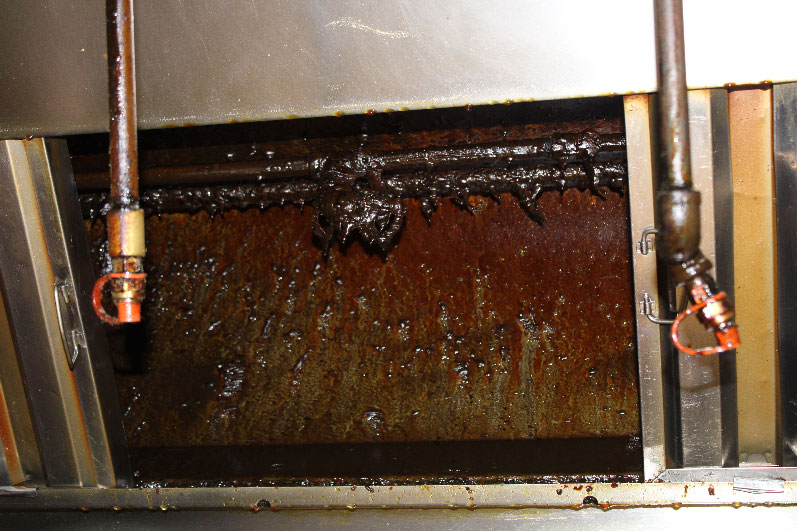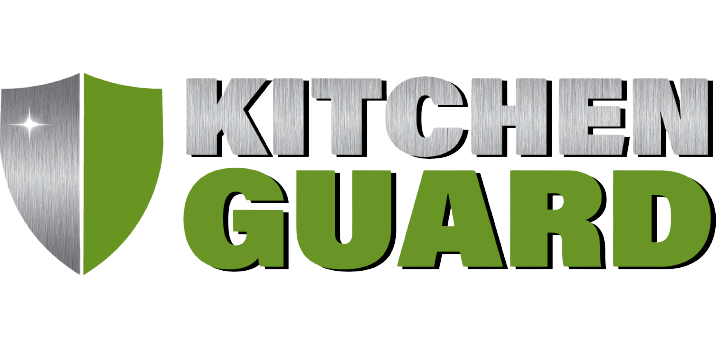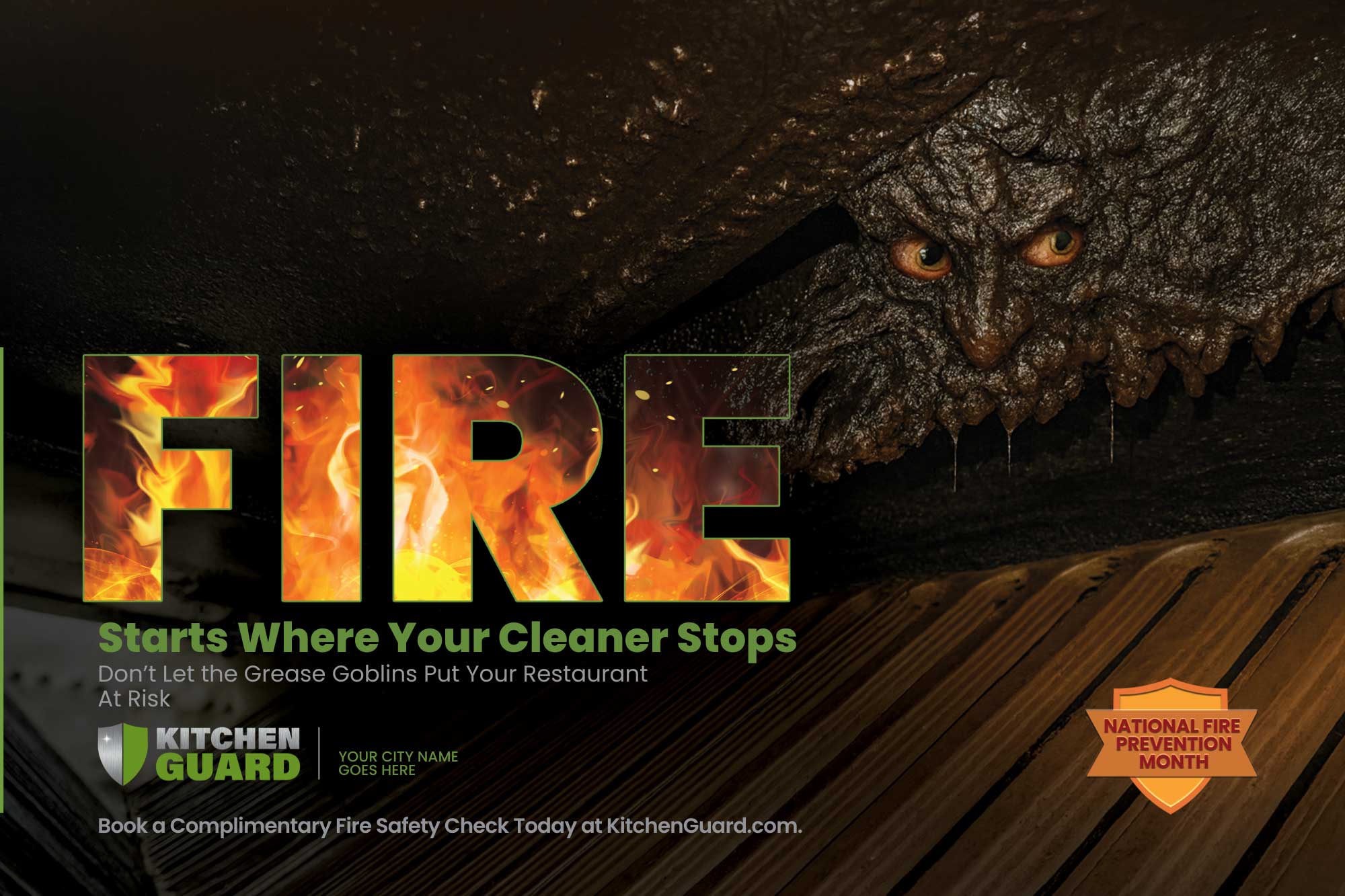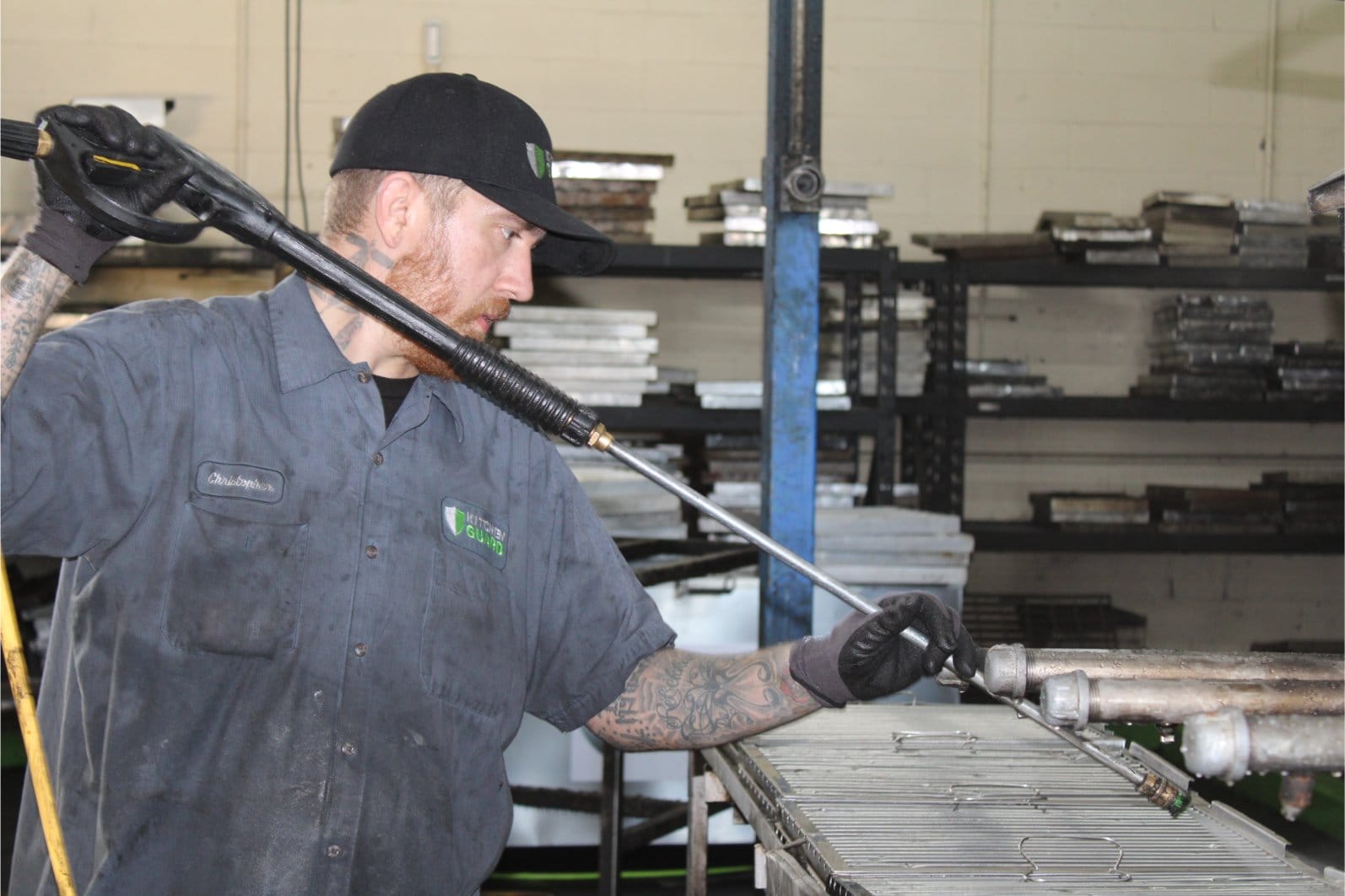The True Cost of Poor Kitchen Ventilation:
How Dirty Exhaust Systems Affect Your Bottom Line

Author: Molly Lombardo
Introduction
Efficiency is everything inside a commercial kitchen. Every component of your kitchen plays a role in your restaurant’s profitability, including kitchen ventilation.
Often overlooked, a neglected kitchen exhaust system doesn’t just create an uncomfortable work environment for your employees; it raises operational costs, decreases efficiency, and can even put your business at risk of shutdown.
Let’s explore how failing to maintain a clean kitchen exhaust system can hurt your profits and what you can do to fix it.
1. Higher Energy Costs
A clogged or dirty exhaust system forces your HVAC and ventilation system to work harder, consuming more energy than necessary and stressing the equipment over time, which can lead to an untimely dysfunction. When grease and grime accumulate in the exhaust hood, ducts, and fans, airflow becomes restricted, making it difficult for smoke, heat, and cooking fumes to escape efficiently.
The result? Your kitchen becomes much warmer, forcing your air conditioning system to work overtime, leading to higher utility bills and unnecessary energy waste.
Solution: Routine professional cleaning keeps your ventilation system running smoothly, allowing it to function at peak efficiency and lowering energy costs.
2. Increased Equipment Wear & Costly Repairs
Excessive grease buildup in the exhaust system doesn’t just impact ventilation, it also affects other expensive kitchen equipment. When airflow is restricted, stoves, fryers, and other cooking appliances experience excessive heat, causing premature wear and tear.
Over time, dirty exhaust systems can lead to equipment overheating, frequent breakdowns, and costly repairs. In worst-case scenarios, this can result in expensive replacements that could have been avoided with proper maintenance. The worst thing to happen a restaurant operator is a dysfunctional exhaust fan on the roof during the dinner-time rush.
Solution: Regularly scheduled exhaust system cleanings help prevent unnecessary strain on kitchen equipment, reducing long-term repair and replacement costs. Is your kitchen exhaust provider even going on the roof to inspect?
3. Fire Hazards & Insurance Costs
One of the most critical dangers of poor kitchen ventilation is the increased risk of grease fires. Grease buildup in hoods, ducts, and fans creates a highly flammable environment. According to the National Fire Protection Association (NFPA), cooking equipment is responsible for nearly 61% of restaurant fires.
A fire caused by a neglected exhaust system can lead to major financial losses, property damage, and potential injuries. Worse, many insurance providers may increase premiums—or even deny claims—if they determine that poor maintenance contributed to the fire. If you’re a restaurant operator and you can’t prove the business has been properly cleaning the ventilation systems to the appropriate fire code, and you have a catastrophic fire, you could lose your entire investment.
Solution: Adhering to NFPA 96 guidelines by scheduling regular professional cleanings reduces fire risks and ensures compliance with safety regulations. This not only protects your business but can also lower insurance premiums.
4. Poor Air Quality & Employee Productivity
A well-ventilated kitchen ensures that smoke, odors, and airborne contaminants are efficiently removed. When the exhaust system is clogged, it fails to maintain proper air circulation, leading to a stuffy, uncomfortable, and even hazardous working environment for kitchen staff. It’s already hot enough in the kitchen during the summertime!
Poor indoor air quality can cause employees to experience headaches, fatigue, and respiratory issues, leading to increased absenteeism and decreased productivity, not to mention unwanted sweat drops in the customers’ food. Additionally, an overheated kitchen makes it harder for staff to work efficiently, impacting overall service quality and customer satisfaction.
Solution: Keeping exhaust systems clean improves air quality, creating a healthier and more productive workplace for employees.
5. Health Code Violations & Business Disruptions
Both health and fire inspectors take kitchen ventilation seriously. If your exhaust system is not properly maintained, you could face violations, hefty fines, and even temporary business closures. A failing grade or forced shutdown can damage your restaurant’s reputation, discouraging customers and impacting revenue (losing one or more sales days could be ruinous to your P&L performance).
Solution: Partnering with a trusted kitchen exhaust cleaning provider ensures compliance with local health codes, avoiding costly penalties and protecting your business’ reputation
Conclusion
A neglected kitchen exhaust system can quietly eat away at your profits through increased energy costs, equipment damage, fire hazards, poor air quality, and regulatory penalties. The good news is that these risks are entirely preventable with routine maintenance and professional cleaning services.
Investing in regular exhaust system cleanings not only keeps your business compliant with NFPA 96 regulations but also ensures long-term cost savings, a safer work environment, and an efficiently running kitchen. Find a trusted professional partner that offers fan maintenance, filter management, and exchanges, and other hassle-free “set-it-and-forget” programs and services so you don’t have to worry. Protect your bottom line.



